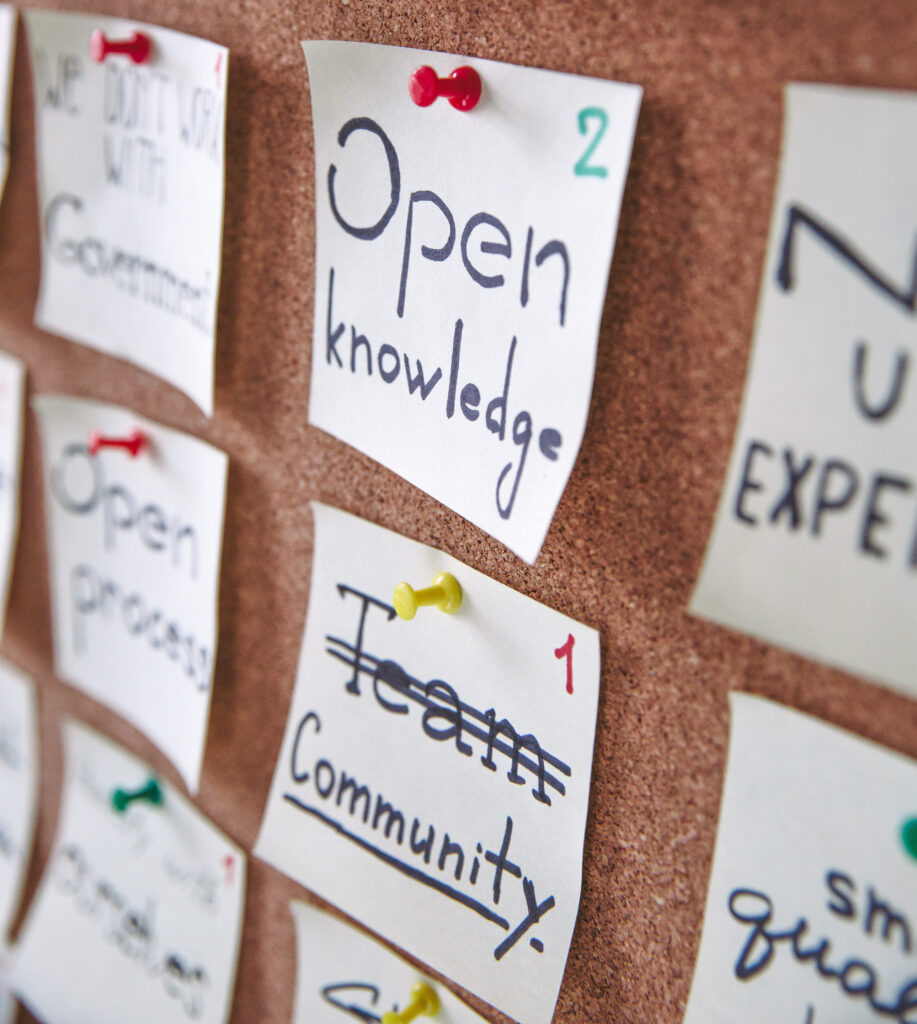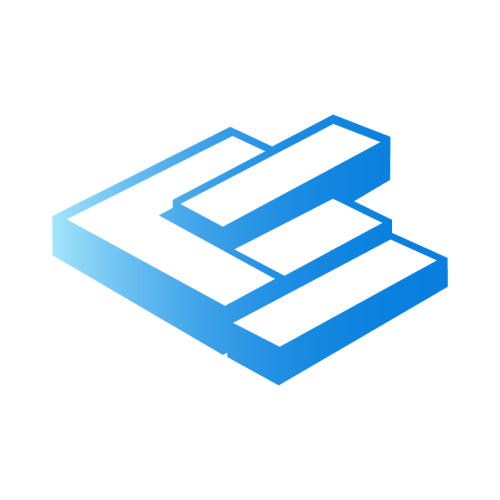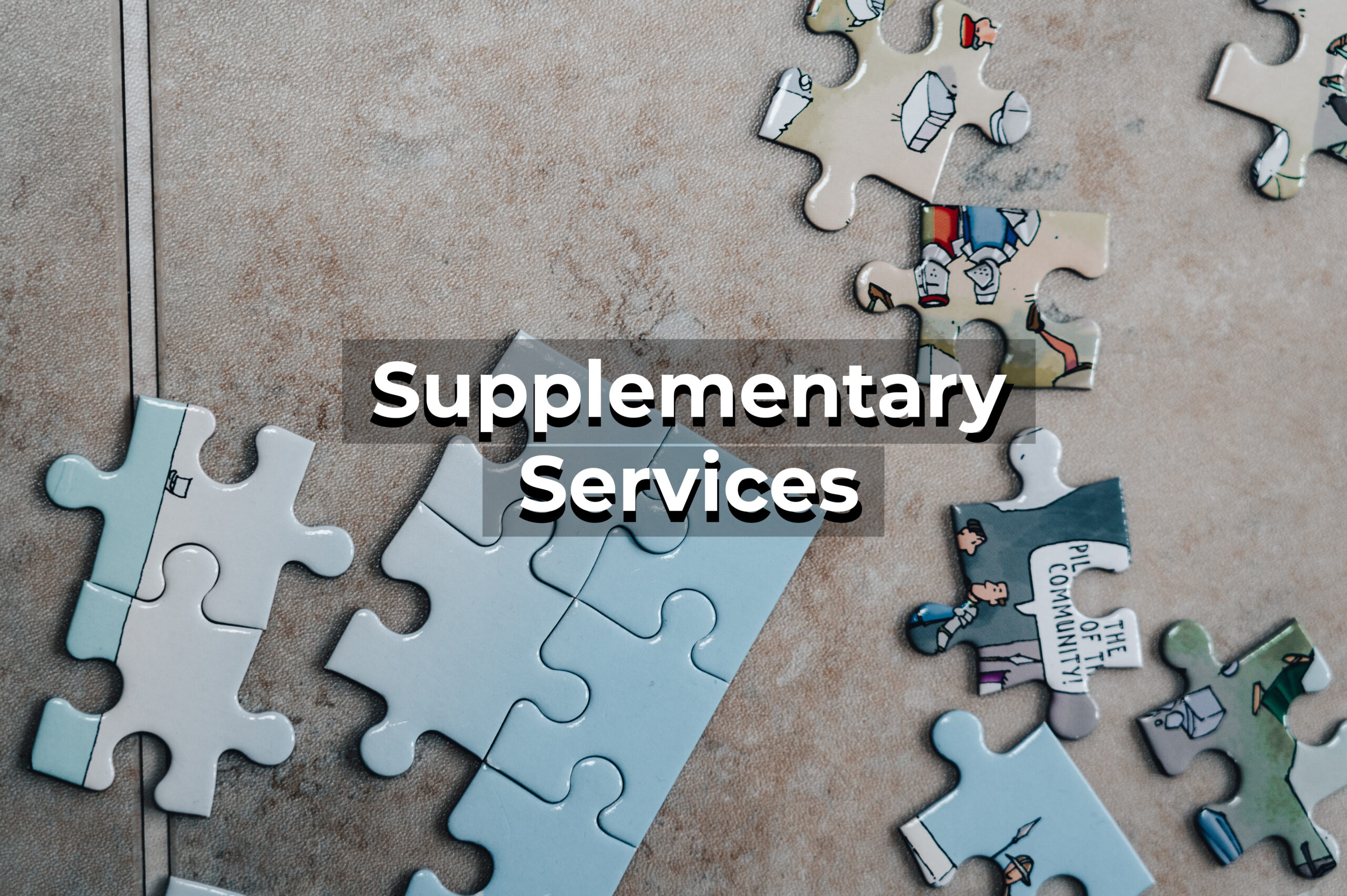Part 2 – Supplementary services
Goal of the supplementary services
Serving the clients does not end with developing a good software product for them. This is especially true for structural analysis and design software for two main reasons:
- these products cover quite wide and complex engineering workflows from model building with realistic mechanical conditions (supports, connectivity, loads, etc.) through structural analysis to documented standard design checks;
- the inappropriate use of these complex tools can result in unsafe solutions with very serious consequences which are generally the responsibility of the end-users.
Accordingly, from the end user’s point of view, the main goal of the supplementary services is to make their work with the software safe and efficient. These aspects are usually conflicting and fulfilling them requires a solid knowledge not only in the general structural mechanics and standard design methods but in the software-specific solutions as well which are typically not evident.
Learning and maintaining the proper use of structural analysis and design software requires considerable time from the user and a considerable amount of services from the software vendor. However, it is certainly worth investing in this on both sides since it immediately pays off in more effective and faster lead-time design projects. On the other hand, the longer and deeper learning of the proper use of the software (so the more invested time and energy in to be a professional in a specific software product) strengthen the engagement of the users which is the primary goal of the software producers. In the following section, it is presented how we want to implement and manage these services and how we think about user engagement.

Consteel Community Membership
At Consteel we strongly believe in the power of the community which in our case means that if we – software developers and end-users – agree on our common values and goals and share our talents and knowledge then we, together could be much more successful than individually.
Accordingly, we think that our connection to our customers should not be a one-way channel but a two-way, engaged relationship where we share our best knowledge in the form of modern software and supplementary services and our customers’ response to us by their practical expertise in the form of opinions, needs, workflows, projects, etc. This relationship is more than a simple subscription to software, it is already a membership organization.
According to Wikipedia the membership organizations “… typically have a particular purpose, which involves connecting people around a particular profession, industry, activity, interest, mission or geographical location. This might simply be to encourage or facilitate interaction and collaboration, but it also often involves promoting and enhancing the purpose itself.” And this is exactly what we want – and also this is part of our mission statement:
“We want to support a new generation of user community where the governing working rules are collaboration and knowledge sharing. Our dream is to connect demands and solutions, users and developers, models and calculations from all over the world to help a truly efficient design workflow utilizing the power of the engineering community.”
So we change our previous system for the support, maintenance, and upgrades and collect our supplementary services into a multilevel Consteel Community Membership system. In close accordance with our new licensing system where we would provide the software license only for users subscribed to the access of the newest version (no permanent license without a subscription), we aim to form a community of engaged users with the kind of behavior described above, because we think that this can be much more efficient than a simple subscription system.
Community engagement has different levels from the passive, one-way information flow type relationship through the bridge-building, reactive type involvement until the fully integrative and cooperative engagement. The latter one is the most desirable transformational and game-changing way of collaboration and we want to have our users step up from the lower levels to this one within the Consteel Community Membership. So we have implemented the environment and tools for our supplementary services to be able to support this vision, it will be presented a little bit more in detail in the next section.
Provided services
There are a couple of factors influencing the user’s satisfaction and engagements, the most important ones are the followings:
There are a couple of factors influencing the user’s satisfaction and engagements, the most important ones are the following:
- Software quality, updates
- Flexible licensing
- Level and quality of support
- Supplementary services
- Usual classic services:
- Learning materials
- Trainings
- Events (user days, competitions, etc.)
- Feedback channels (surveys, fast feedback systems, etc.)
- Advanced services from Consteel
- Cloud services
- Scripting
- Usual classic services:
Most of the above list does not need any explanation, but some key features of them connected to community building are worth discussing. First, a general point is presented regarding the availability of the services, and then the background, aims and some content of the two special services – cloud and scripting – introduced this year will be explained.
Important to note that we are fully dedicated to developing further the services not only by continuously increasing the contents but by widening the ways and channels to shape our community engagement.
Exclusivity of services
An important feature of good membership organizations or communities is that members feel privileged to belong to that community. This privileged status can be efficiently strengthened by making the valuable services available exclusively to the members. Also, it is a well-known fact that people value much more what they pay for.
Customers tend to forget or postpone activities in services offered for free – a typical example is a participation in free webinars, which is generally a fraction only of the number of applicants. They feel more directly the value of – and accordingly they are more active in – paid services which in turn highly increase their engagement and their community participation. It is also important to see that the production and promotion of these services are costly activities usually requiring our best experts and this is basically covered by the payments of our users.
Since it is our primary goal to increase the community engagement of our users, we will reserve our most valuable services exclusively to the members of our membership organization and will not make them available freely for everybody like it is now usual. Some of these services – mainly the classic learning materials – will be available in our new Service Center, but several other types are planned to complement the software features.

Cloud services
With our brand-new cloud services, we want our customers to move outside of their computers and have them be more open to using online services. We see a huge potential in the cloud services and accordingly invest more and more into it, placing special features here, which are thought to be much more efficient to use in that way than as an in-built desktop software functionality.
On the other hand, we think (and hope) that the use of cloud services supports the culture of sharing and feedback within the structural design workflows which we see as a quite rare and far not universal characteristic of today’s structural engineering communities (unlike the software developers’ communities where it is a very general feature). So our unconcealed goal with the cloud services is to help our users to step ahead in the development of community engagement.
In the first phase, we will provide a very easy way of cloud save, store and open complete Consteel models together with a comprehensive opportunity for sharing them with colleagues either in the cloud or even in Consteel. The users can conveniently access their models from the office computer, from the home laptop, or from practically anywhere and from any device using their online protected software. The structured, cloud-stored, and properly access-managed shared models can be the basis of a real collaborative workflow in a design project, in an engineering office, or even in a university course.

Scripting services
Scripting techniques are a very progressive and efficient way to control and manage model creation, modification, and calculations. Last year we presented our Grasshopper plugin, Pangolin, opening the way for Grasshopper users to build a complete, parametric Consteel model ready to analyze and design. But before that, a few years ago, we had introduced in Consteel a unique, in-built scripting tool with an internal programming environment. Our intention with this development was to offer an introductory scripting tool directly for structural engineers not fully familiar with these techniques and this is what we call now Descript.
To make it convenient to use for the structural engineers working in Consteel principally, Descript has been developed as a programming language following closely in its logics and syntaxes the structure of the Consteel objects with their attributes, and the operations. Also, the programming environment is placed inside the UI of Consteel so there is no need for any external code development environment. This environment is now completely reworked and supplemented with several supporting services making it even more transparent and easy to use.
The scripting workflow in Descript will be supported by a new, comprehensive manual with several simple code examples. In the brand new Script Library, continuously growing number of Descript codes are collected providing useful supplementary functionalities at different levels of complexity. The most important novelty is the MyDescript interface in Consteel, where all the codes in the Script Library can be accessed, executed, or saved, and further modified or developed according to the level of membership of the user.
These services are designed to get our users to start working with scripting techniques to make their workflows more standardized, thoughtful, and efficient. As a future perspective, we plan here also to exploit the power of the community by providing a place for the members of the Consteel Community to share, comment, rate, and improve the Descript codes of each other.



